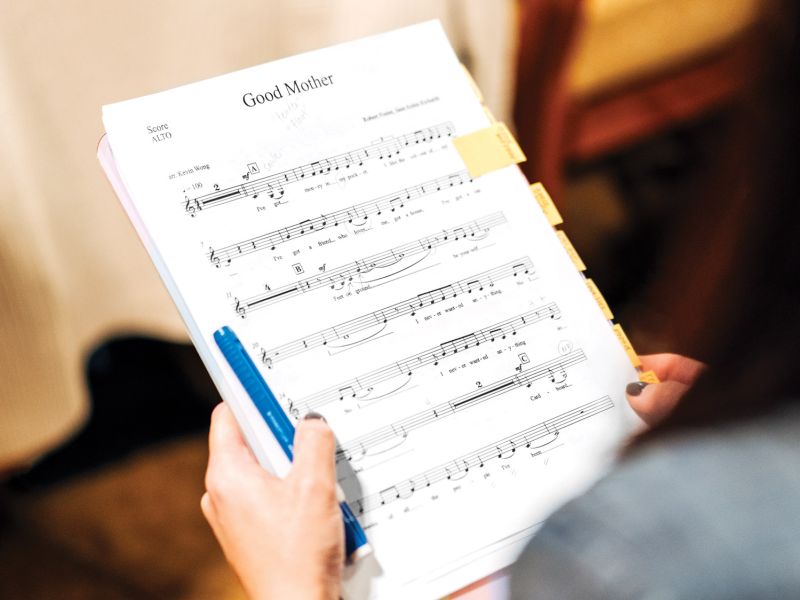School of Urban and Regional Planning alumna is exploring the future of cities at an urban innovation company

Urban planner Keira Webster. Image courtesy of Natalia Dolan.
Recently I was able to speak to Keira Webster about her experience in the world of urban planning and her exciting career as a planner since completing her master of urban development (MPI) at the School of Urban and Regional Planning (SURP) at the Faculty of Community Services (FCS). Her major research project (MRP) and others can be found online at the Ryerson Library. In her own words:
Tell us about your career. How did your graduate degree and research project play a role?
I’m currently a senior associate on the development team at Sidewalk Labs (external link) , an urban innovation company. We provide advisory and implementation services to help developers realize sustainable and equitable development goals while meeting financial targets. Prior to this role, I was a consultant at Urban Strategies Inc (external link) ., working for public and private sector clients on a range of planning projects, from large-scale brownfield redevelopment to regional transportation planning.
The relevant course content, the passion of the professors, and the practical orientation of the master of planning program have provided the foundation for the common thread of my career: grappling with complex urban challenges and striving to improve the quality of life in communities. The involvement of many of the professors in the professional planning community creates many fantastic opportunities to build practical experience during the program.
Can you tell us about your major research project?
My major research project focused on the intersection of open data and climate resilience, investigating how open data tools and techniques can be integrated within urban climate action to build resilience and instigate a sense of agency and collective action among stakeholders. My supervisor, Professor Pamela Robinson, helped me craft a research focus that built upon my past experience and interests and analyzed emerging tools and pressing issues in urban planning.
What has been one of the highlights of your graduate experience?
I was fortunate enough to travel quite a bit during the two years of the graduate program, all of which were related to courses, research, and conferences, including France, the Netherlands, Boston, Calgary and Montreal. I was able to take the time to explore the cities I visited, which was such a valuable experience especially when studying urban planning; exploring how each city functions and how people interact with different types of spaces revealed direct connections to what I had been learning in school. (And it was fun!)
What would you say to someone considering graduate work, and doing that work at FCS?
Open as many doors as possible. You might start the master of planning program with a specific idea of what you are interested in, what you want to focus on, and where you might want to work afterwards. What’s neat (and sometimes overwhelming) about the urban planning profession is that it encompasses so many different opportunities. Keeping your interests open and your potential career path flexible going into the program is helpful in two ways: 1) approaching the range of topics covered in your master's with curiosity allows you to understand different aspects of planning and how they are interrelated. It will benefit you to gain a stronger understanding of the dependencies between various topics and build the skills to effectively communicate them, and 2) you may end up learning more about a new topic that you find fascinating and pursuing a career that you didn’t expect.
Graduate Research Series
This past summer graduates and students at the Faculty of Community Services (FCS) were invited to tell us about their research projects and graduate studies experience. This is part of a series of introductory profiles about alumni and graduate students featuring their research and their advice for prospective graduate students. It is our hope you are as inspired by their research efforts and success as we are. If you would like to submit a story idea for consideration please contact Bonte Minnema at bminnema@torontomu.ca.


